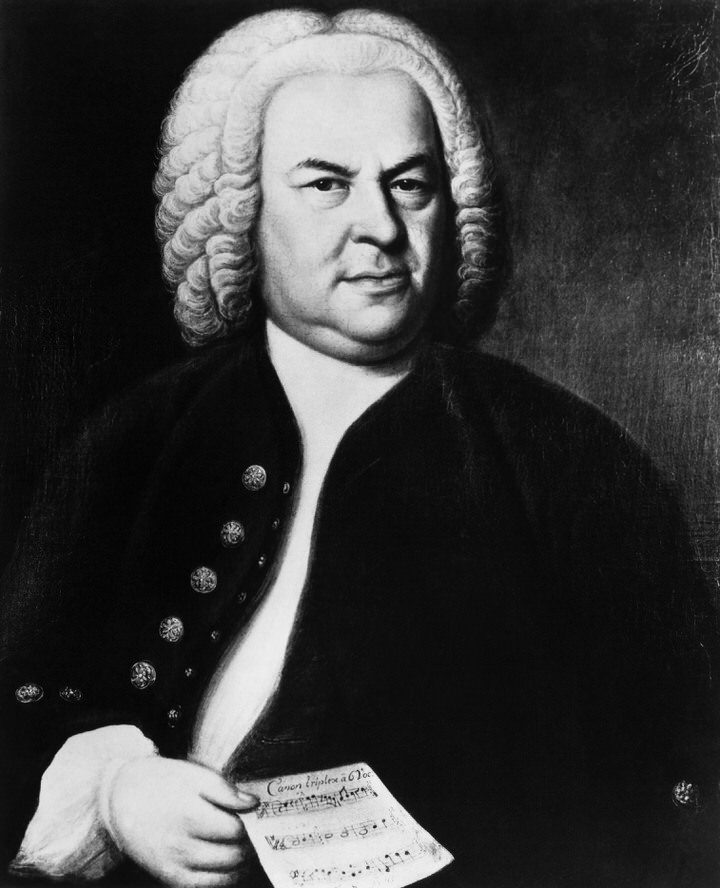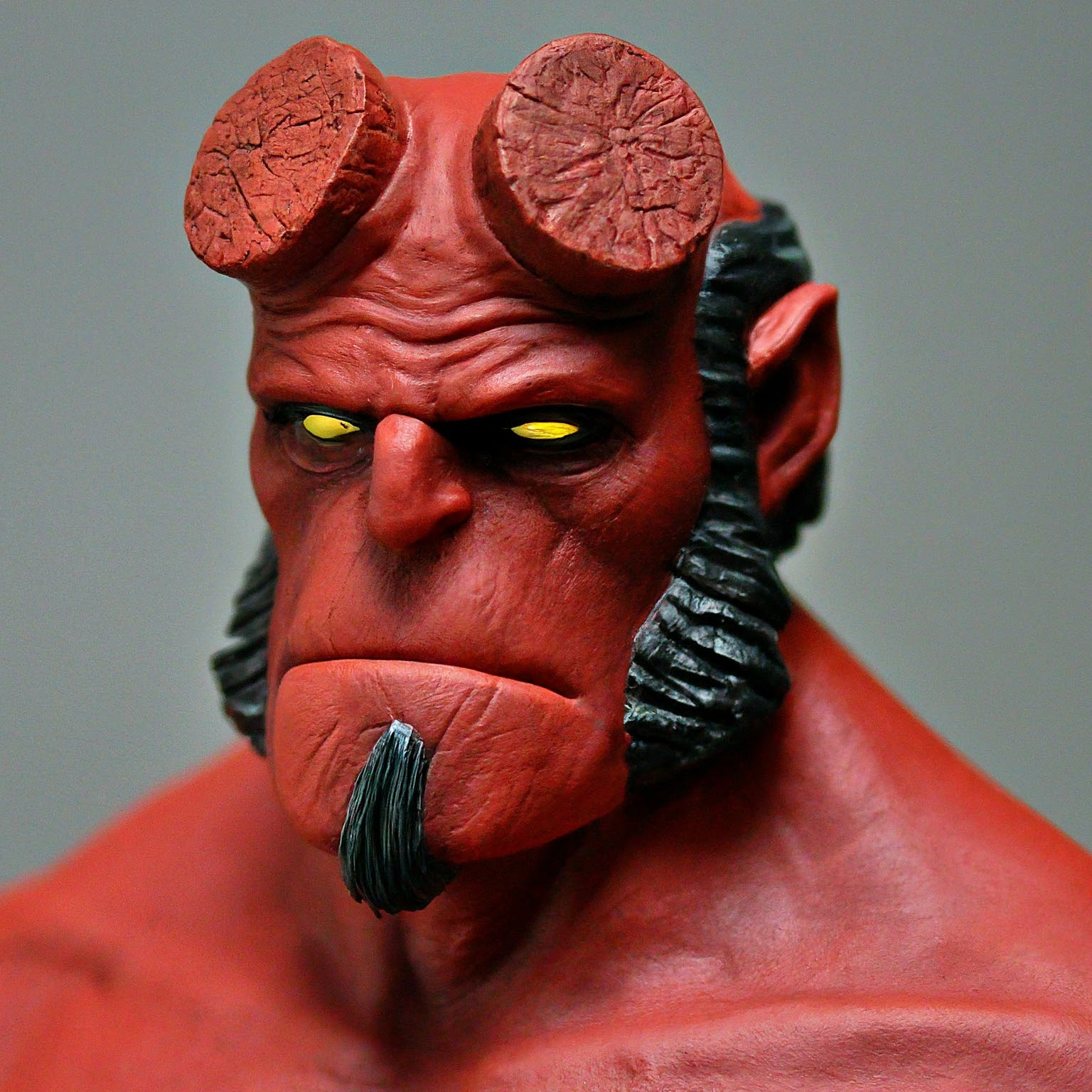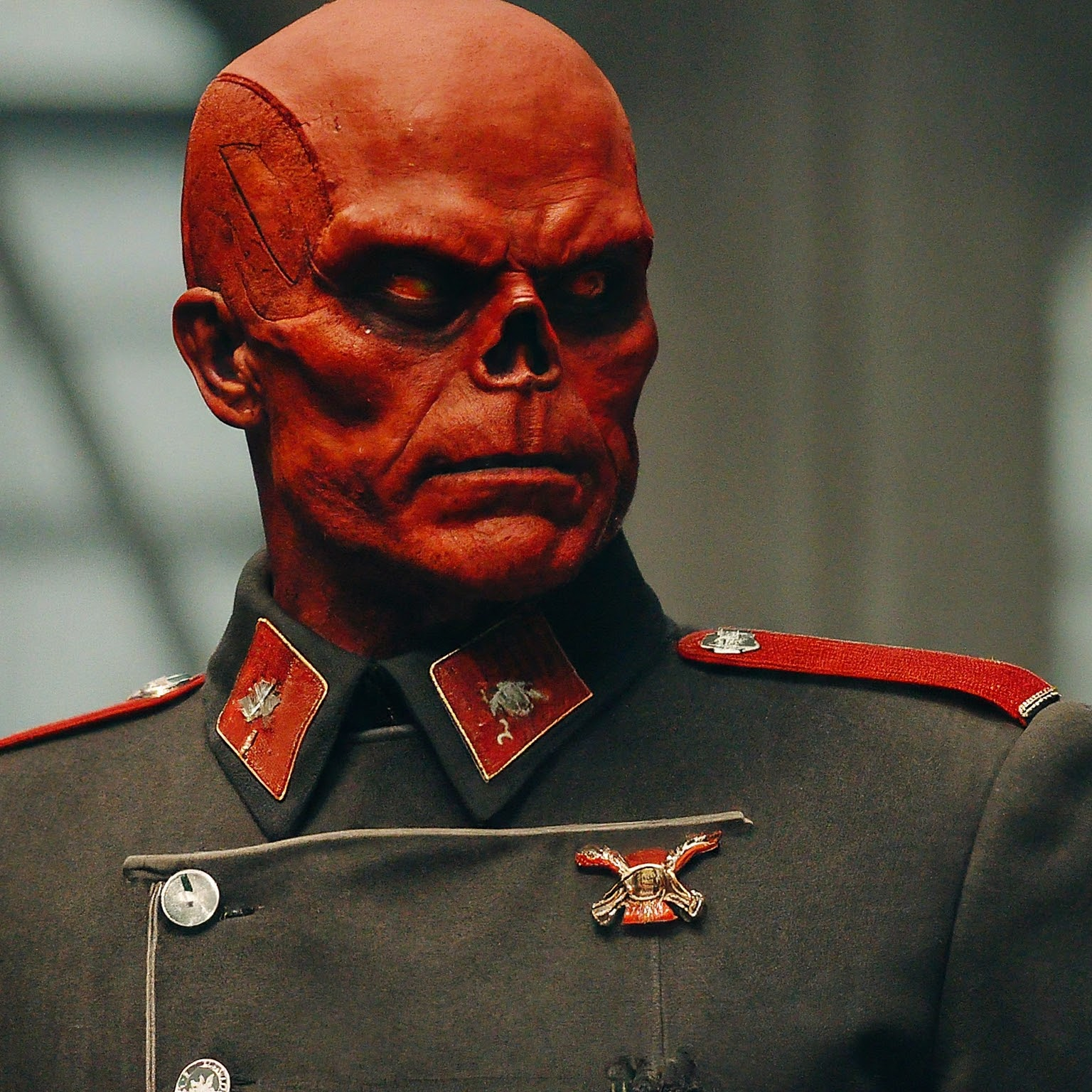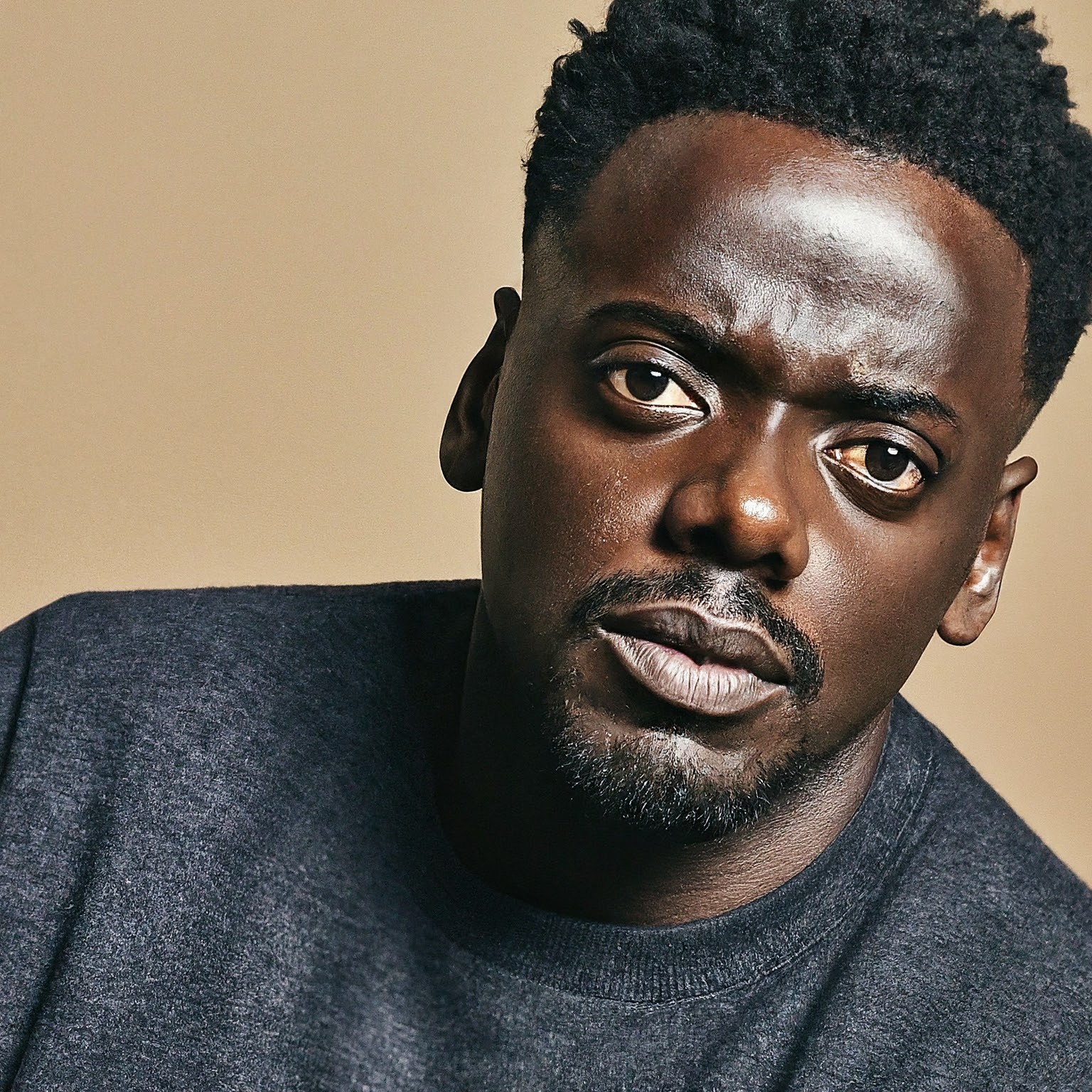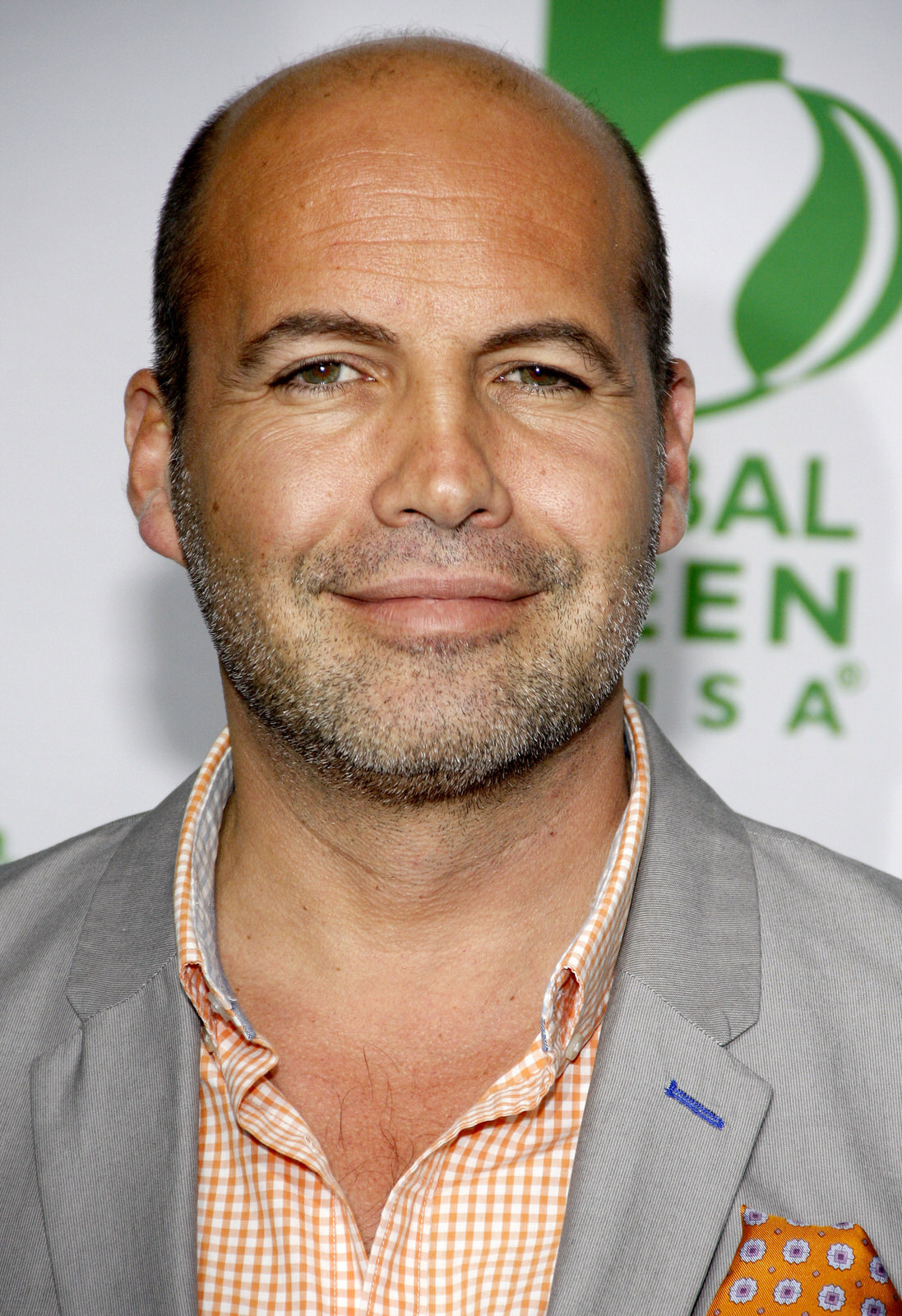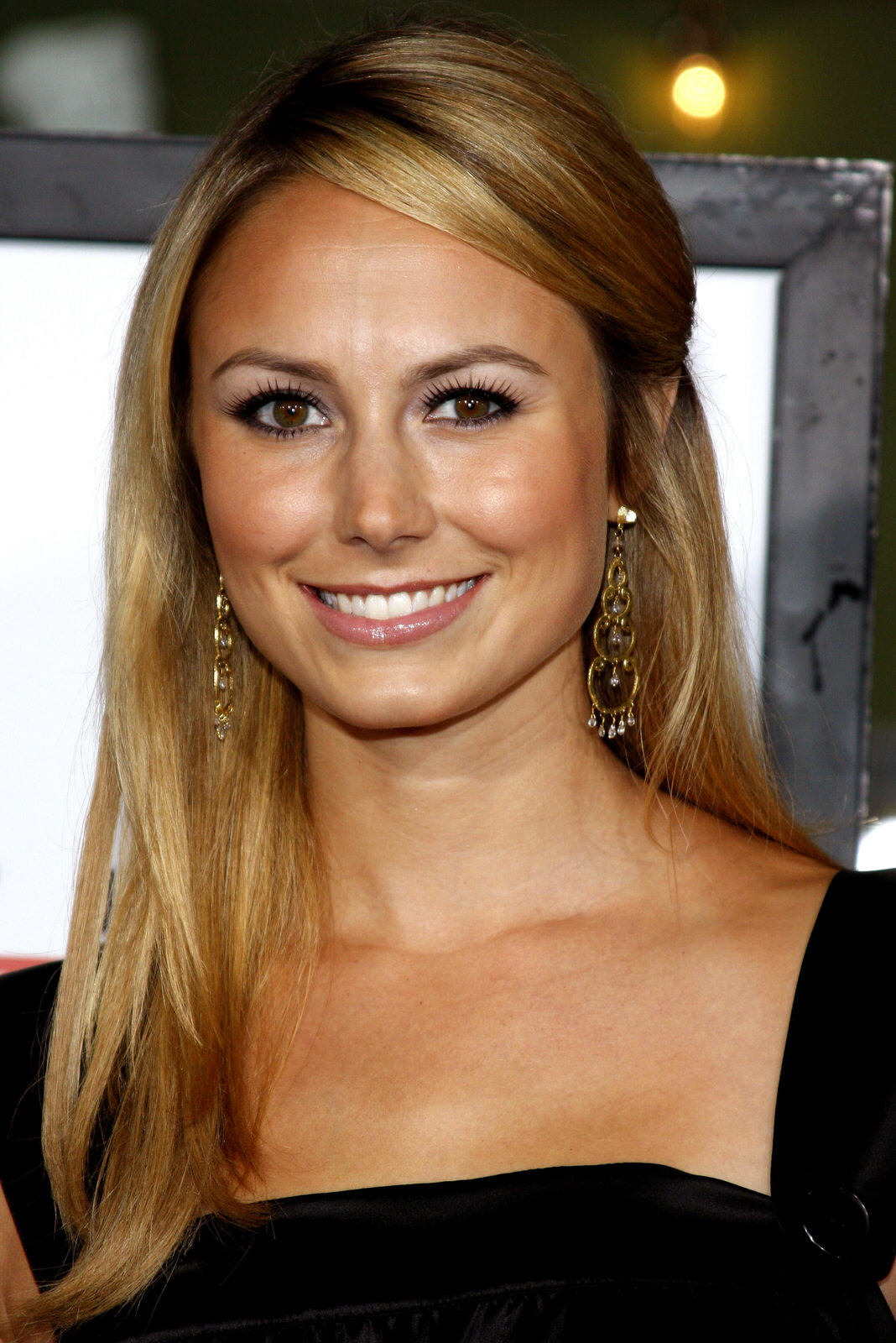Johann (Sr) Strauss
Johann Strauss I, Austrian composer, known as the "Father of the Viennese Waltz," famous for the Radetzky March.
Composer
March 14, 1804
Pisces
September 24, 1849
45
Vienna, Austria
Johann Strauss I, the distinguished Austrian Romantic era composer, gained prominence as the “Father of the Viennese Waltz.” Recognized as one of Vienna’s most acclaimed and beloved dance composers, his fame transcended borders, leading to an invitation from Queen Victoria herself to perform during her accession and coronation ceremonies. Strauss I’s compositions, including the renowned “Radetzky March, Op. 228” (1848), continue to captivate audiences worldwide.
Born in 1804 in Leopoldstadt, Vienna, Strauss I hailed from a musical family. His father, Franz Strauss, was a tavern owner and amateur musician who provided him with early music training. Strauss I honed his skills at the Vienna Conservatory, studying violin and music theory.
Throughout his career, Strauss I composed over 250 waltzes, polkas, and other dance pieces, leaving an indelible mark on Viennese music. His compositions, characterized by their elegance, charm, and infectious rhythms, became synonymous with the Viennese waltz and gained immense popularity across Europe.
Strauss I’s contributions to music were widely recognized, earning him numerous awards and honors. He was appointed Kapellmeister (music director) of the Imperial Court Ball in Vienna and bestowed with the prestigious Order of Franz Joseph.
Beyond his musical achievements, Strauss I was known for his charismatic personality and zest for life. He enjoyed hunting, fishing, and spending time outdoors, demonstrating a well-rounded character.
An interesting anecdote about Strauss I involves his flamboyant conducting style. Instead of using a traditional baton, he often wielded a rolled-up newspaper, adding a touch of eccentricity to his performances.
Strauss I’s influence extended beyond his lifetime. His sons, Johann Strauss II, Josef Strauss, and Eduard Strauss, all became renowned composers and musicians, continuing the Strauss legacy.
Today, Johann Strauss I remains an iconic figure in the history of Viennese music and dance. His compositions continue to be celebrated and performed globally, solidifying his status as one of the most influential figures in the genre.




